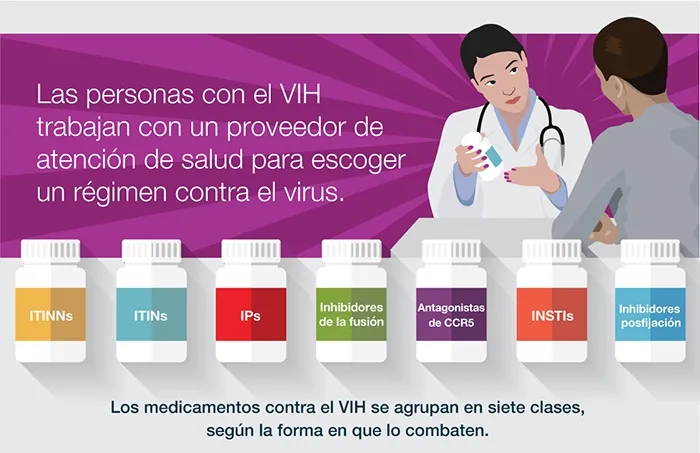A group of drugs, used for a long time for the treatment of HIV infection and hepatitis B, would be able to prevent the development of diabetes, as it suggests an analysis of a database set.
"Nucleosidic inhibitors of reverse transcriptase, drugs approved to treat human immunodeficiency virus-1 and hepatitis B virus, also block the activation of inflammasome," he described in his article published in Nature Communications, Dr. Jayakrishna Ambati, ofThe University of Virginia School of Medicine at Charlottesville (United States).
"We show that the adjusted risk for the appearance of diabetes is 33% lower in patients with exposure to nucleosidic inhibitors of the reverse transcriptase"
"We show that the adjusted risk for the appearance of diabetes is 33% lower in patients with exposure to nucleosidic inhibitors of the reverse transcriptase. These data indicate the possibility of reorienting a class of drugs already authorized for diabetes prevention,"He added in statements to Medscape.
The researchers made a slight chemical modification to the nucleosidic inhibitors of the reverse transcriptase, which led to a new class of drugs to which they called 'kamuvudines', that is, non -toxic derivatives of the nucleosidic inhibitors of the reverse reverse transcriptase, said the doctor.
"People who take nucleosidic inhibitors from reverse transcriptase do so because they need it, because they suffer from human immunodeficiency virus, but using them in the general population is not a good idea, due to the toxic effects related to the use of nucleosidic inhibitors of the transcriptaseInverse in the long term, "he concluded.


